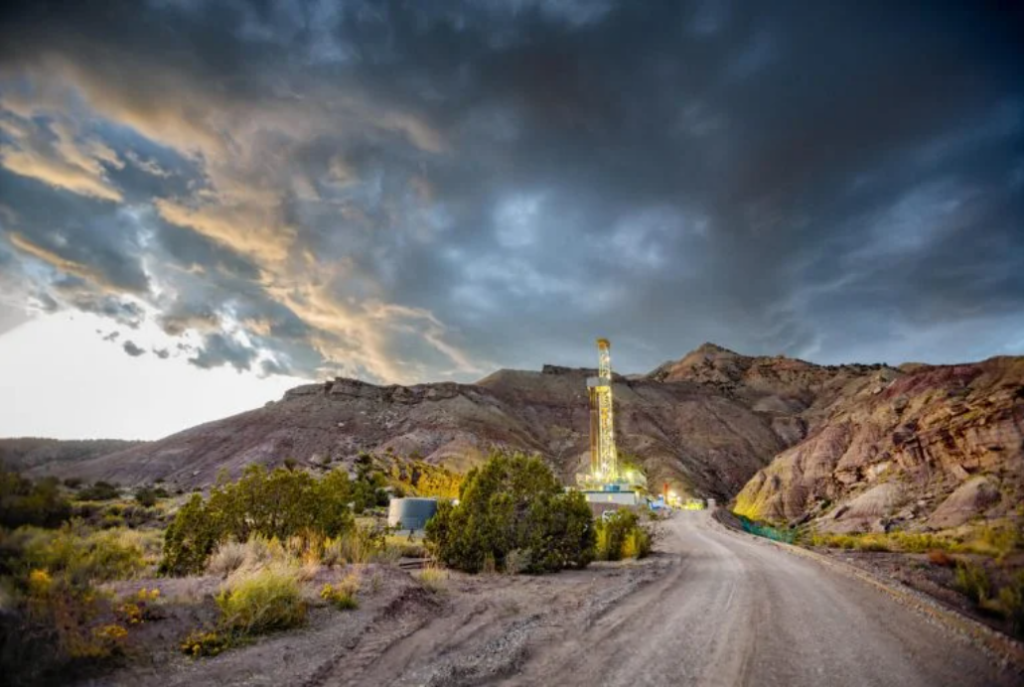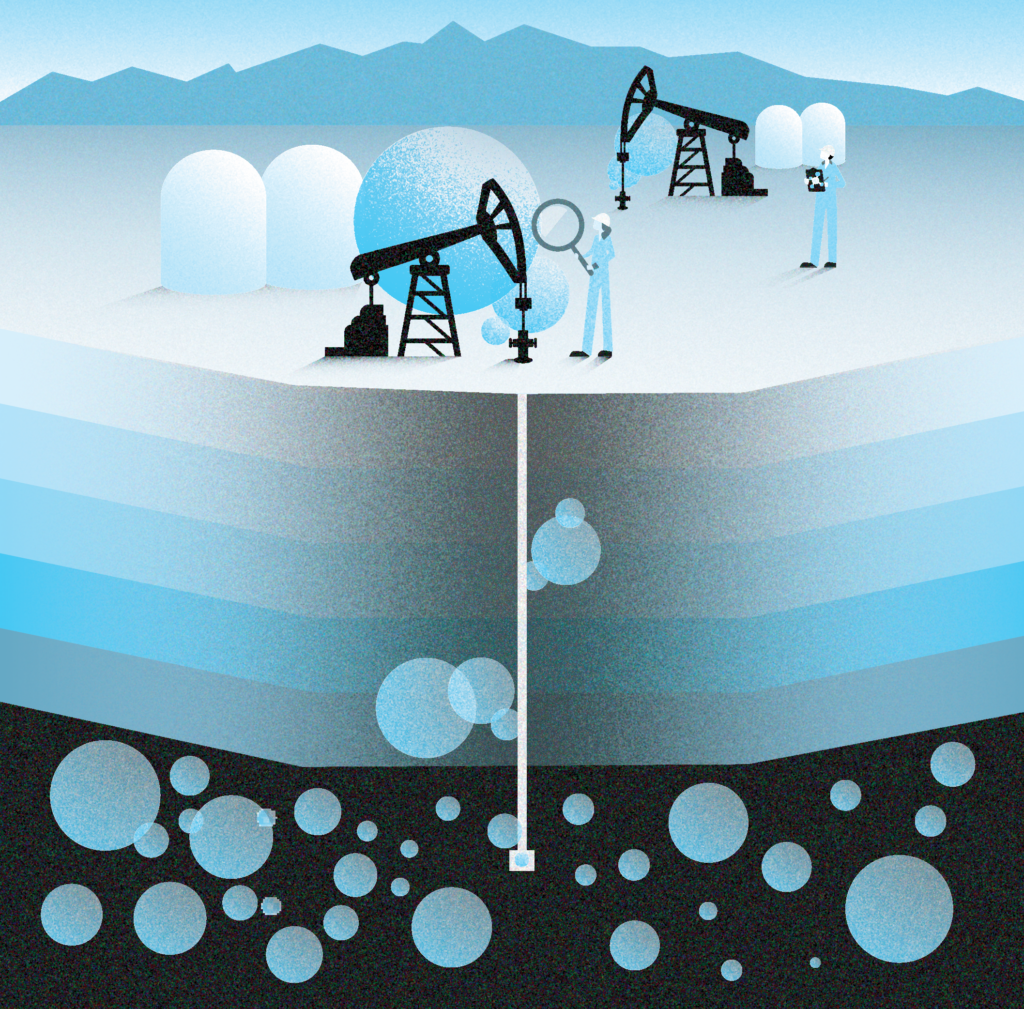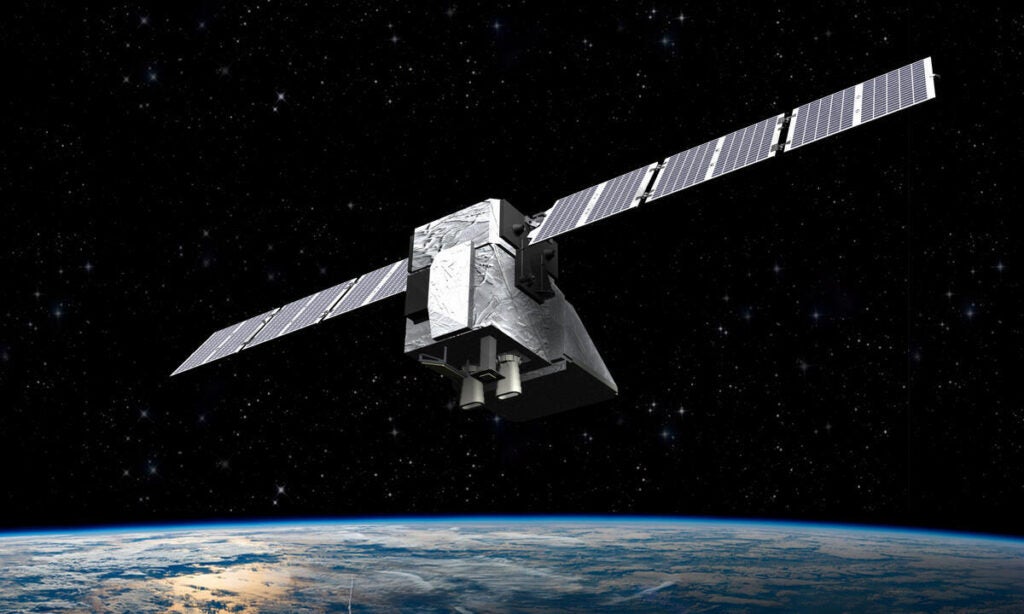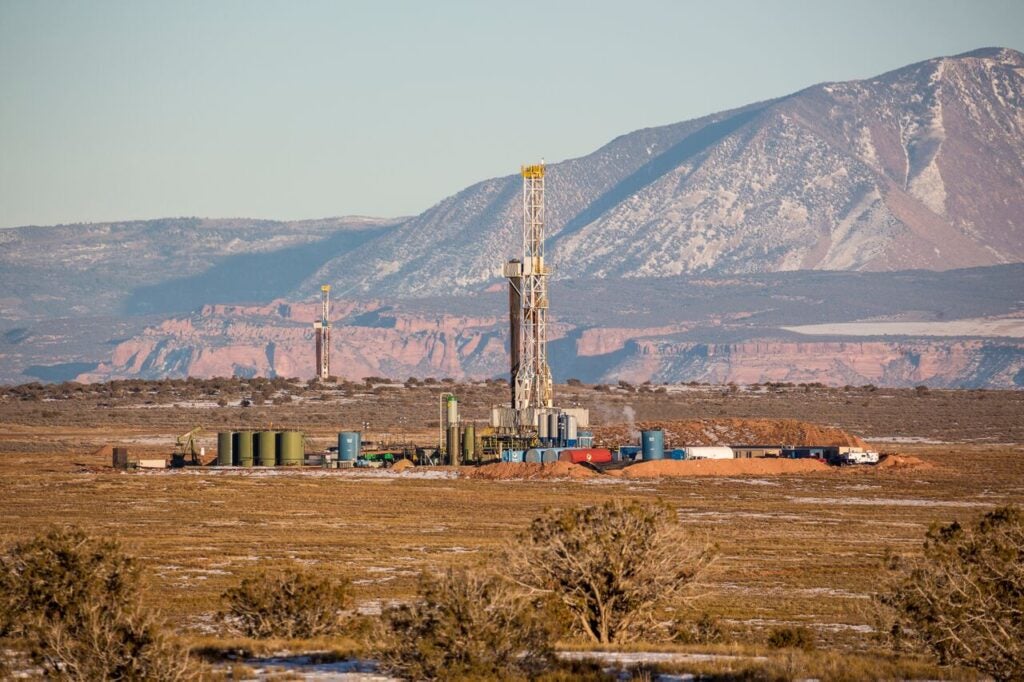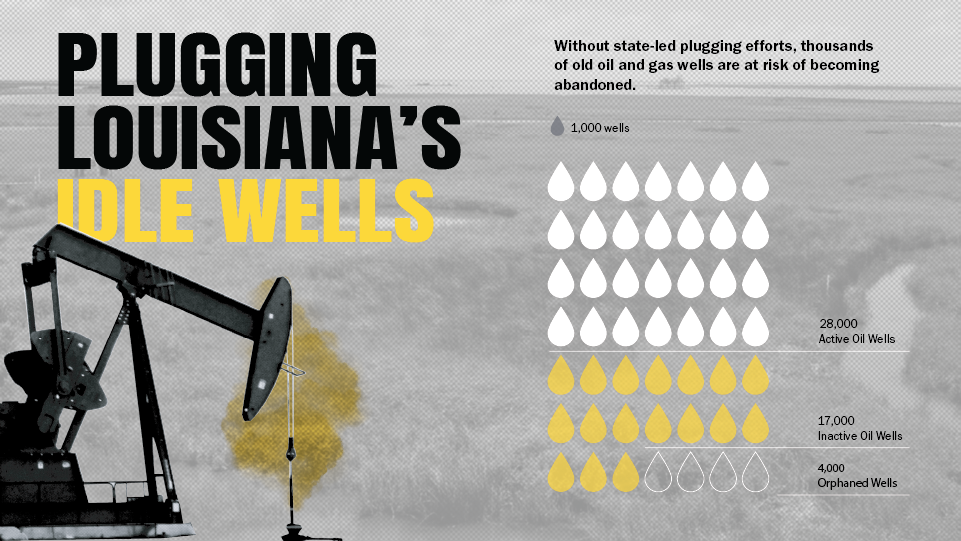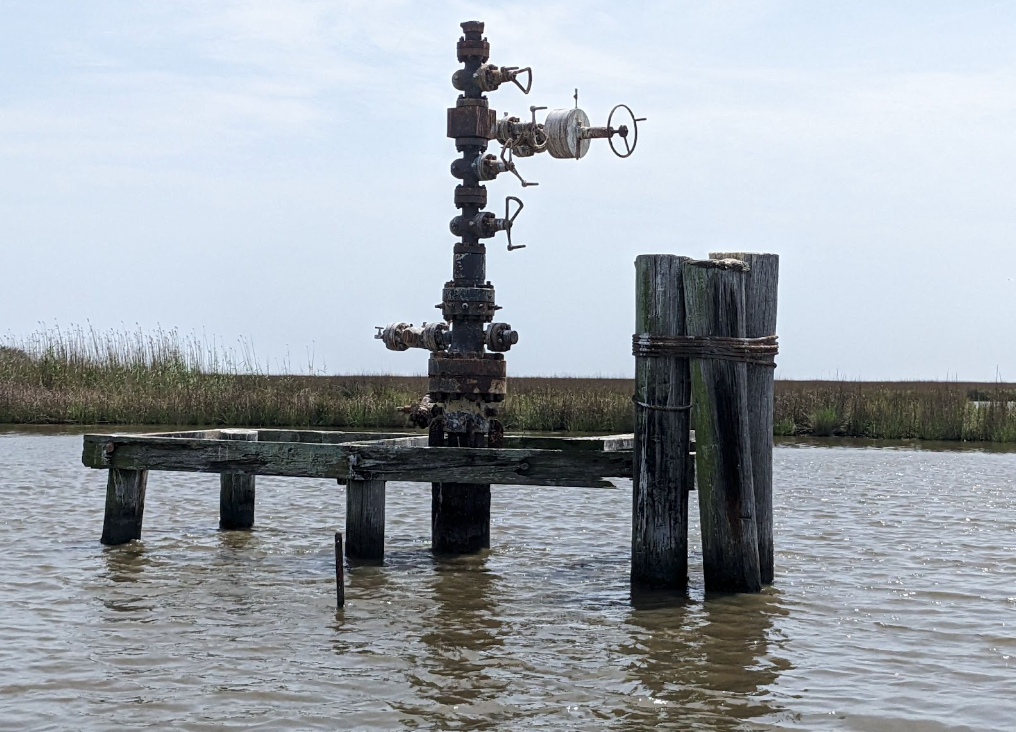It’s not limited to Colorado though — other states can and should take note that early collaboration with stakeholders can deliver big wins for the economy and climate.
Energy Exchange
A Tale of Two Basins: Colorado regional oil and gas pollution differences highlight need for action on the West Slope
By Nini Gu
Data recently collected by EDF’s MethaneAIR project in 2023 reveals a striking difference in the emissions profiles between the two major Colorado basins: the Denver-Julesburg (D-J) in the east, and the Piceance in the west. The D-J Basin exhibited a 1.7% methane loss rate from the total natural gas produced; by contrast, the loss rate for the Piceance Basin hit 7%, a high figure among all surveyed basins.
New research uncovers a climate blindspot for Canada’s oil and gas industry
By Scott Seymour and Ari Pottens
The Canadian government is likely overlooking an important source of climate pollution. Surface casing vent flow and gas migration (types of underground leakage from oil and gas wells) has the potential to leak a lot of methane, but according to new research, neither governments nor companies know how much.
Canada has made a pledge to reduce 75% of the oil and gas industry’s methane emissions by 2030 as way to help combat climate change, but poor data and inaccurate estimates on well leakage makes it increasingly difficult to know if that goal is in sight.
New research reveals that across Alberta and British Columbia oil and gas well leakage could represent anywhere between 2-11% of the industry’s emissions. This huge range means policy makers can’t reliably know how this problem stacks up against other emission sources making it nearly impossible to set priorities or to craft regulations.
MethaneSAT brings key tool to oil & gas operators, gives stakeholders unprecedented transparency
Methane is now a central part of the oil & gas industry’s climate challenge. New regulations in the U.S and Europe, growing concern in Asia and mounting interest from investors and global gas markets mean increasing pressure to improve emissions performance. It was also a focal point in the COP28 climate talks, where 52 producers representing more than a third of global production joined the Oil & Gas Decarbonization Charter, pledging to reduce emissions to near zero and to eliminate routine flaring by 2030.
EPA advances methane waste charge to help cut oil and gas pollution
Last week, EPA proposed details for how it will administer Congress’s methane waste emissions charge for excessive oil and gas pollution, passed as part of the Inflation Reduction Act’s Methane Emissions Reduction Program in 2022.
New Louisiana rule will plug old oil wells, create jobs, safeguard environment
The Louisiana Department of Natural Resources has finalized new rules to help improve management of 17,000 non-productive oil and gas wells by encouraging their proper closure —an action that will create jobs, raise property values across the state and facilitate new clean energy projects.
Louisiana has a long history of oil and gas development, with 50,000 wells distributed across the state and along the coast. The state has a responsibility to ensure none of these wells become an environmental or economic liability.
About a third of these wells are non-producing but registered as having future utility, meaning the operator claims that they could be economically productive in the future. As a result, the operator isn’t required to plug the well. However, once wells are idled for more than three years, just one in five ever return to service. Often they will only see a tiny fraction of their former production levels.
Unplugged wells cause a host of economic, environmental and even public health and safety problems. They can leak methane and toxic air pollution, contaminate water, reduce property values and prevent other economic uses of the land.










